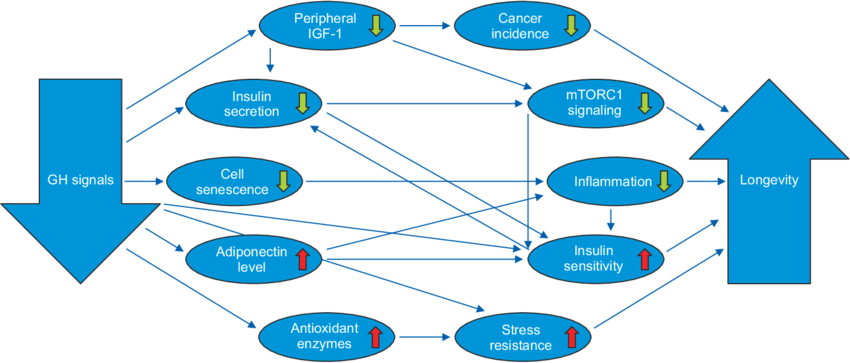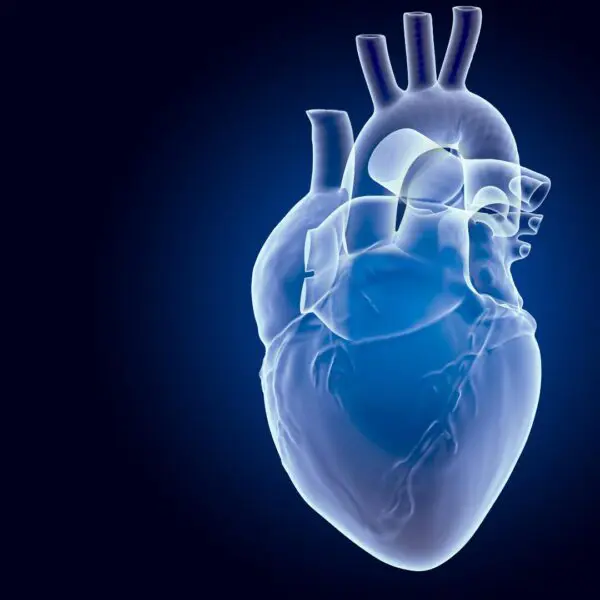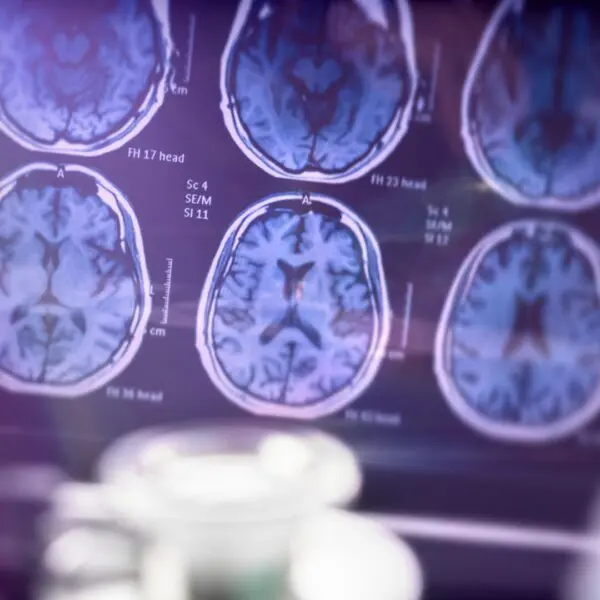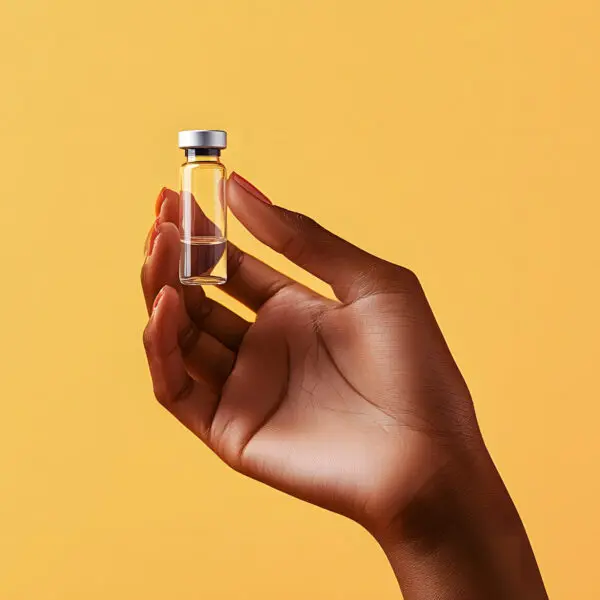
The above diagram shows the controversy concerning IGF-1. IGF-1 is both a Dr. Jekyll and Mr. Hyde when it comes to our well-being and longevity. On one hand we see that the IGF-1 axis encourages development, growth, and injury repair. This can give the appearance of vitality and youth. However, appearances can be deceiving. IGF-1 can set the wheels in motion to increase aging by such blocking autophagy and stress resistance and increasing Reactive Oxygen species. These are three of the major hallmarks and causes of aging.
WHAT IS AGING?

Aging is defined as a physiological decline of biological functions in the body with a progressive decline or loss of adaptation to internal and external damage. In humans aging is extremely heterogeneous and can be described as a complex mosaic resulting from the interaction of several random and environmental events. These include both genetic and epigenetic alterations accumulated throughout our lifetime. Despite its enormous complexity, the molecular basis of aging is limited to few highly evolutionarily conserved biological mechanisms responsible for body maintenance and repair.
WHAT IS THE RELATIONSHIP BETWEEN HGH AND IGF-1/INSULIN AXIS?

The above diagram shows the intimate relationship between HGH (Human Growth Hormone) and IGF-1. Typically, Growth Hormone is released by the Pituitary gland. One major role of growth hormone in stimulating body growth is to stimulate the liver and other tissues to secrete IGF-I. IGF-I stimulates proliferation of various tissues including chondrocytes (cartilage cells), muscles cells, and bone cells resulting in bone growth. If one takes an external source of HGH it will have to be converted in the liver to IGF-1.
The metabolic effects of HGH are, in part, mediated through IGF-1 produced in the liver and in the peripheral tissues influenced by HGH. Change in the GH/IGF-1 can possibly be influenced through amino acid supplementation. Specific amino acids—such as arginine, lysine, and ornithine—can stimulate HGH release when infused intravenously or administered orally. It has also been demonstrated that glycine is also one of the stimulatory agents inducing the pituitary gland to secrete HGH. These are all important amino acids utilized in the growth of tissue cause by HGH.
Research shows that one’s metabolism slows down with age. A few reasons for this include less physical activity (exercise), muscle loss (sarcopenia), and the normal aging of the organs. Additionally, loss in lean body mass and muscle tissue can be detrimental when it comes to ill adults. Yet HGH/IGF-1 have major effects on metabolism. It has been shown that HGH’s potential benefits relate to protein metabolism. Many of the functions of HGH are facilitated through IGF-1. Administration of HGH induces a rise in circulating IGF-1 that stimulates glucose and amino acid uptake in muscle, which improves muscle protein synthesis. In catabolic circumstances, the levels of IGF-1 decrease while its binding proteins increase, leading to a lower local IGF-1 activity and contributing to the decreased insulin sensitivity seen in catabolism. Here is another summation of the HGH AND IGF-1 relationship. The bottom line is that IGF-1 will repair and rejuvenate various cells including muscle, bone, and other tissues. The question becomes at what price does IGF-1 accomplish cellular repair and rejuvenation? Also is there a difference between IGF-1 produced naturally and that stimulated by external means?

AND NOW FOR THE CONTROVERSY: DOES IGF-1 DECREASE LONGEVITY?

This illustration is a great one. It shows one of the great risks of IGF-1. We see the many benefits that can be attributed to the IGF-1 but on the other side of the scale we see one big risk namely an increased cancer risk. But this scale is deceptive because if we were to also add the problem of increased cell growth causing decreased longevity the scales would probably be opposite. Remember that IGF-1 causes cell growth. It can act as a gasoline on a fire when it comes to cell growth. This is where the problem lies. Can IGF-1 increase the growth of a few cancer cells to essentially activate them? No one knows the answer to this question. On the other hand, another school of thought professes that the IGF-1 will strengthen the immune system and prevent cancers. Ultimately it is our immune system which prevents us from developing cancer. So which concept is the correct concept??
The question still comes up what is the relationship between IGF-1 and longevity. What is the mechanism? Why does decreasing growth hormone and IGF-1 signaling increase lifespan when it has such an important role in reviving muscle and brain function? One explanation is the thought that curtailing IGF-1 levels increase the expression of other genes that are involved in stress resistance, particularly oxidative damage. Oxidative damage, which is generated everyday through a variety of mechanisms including toxins in the environment, UV radiation, normal metabolism which puts wear and tear on every tissue in our body and on our DNA. If we can boost the activity of anti-oxidant genes that help stave off this damage, then we should be able to delay the deterioration of our tissues and our DNA, thus extending longevity. The very first illustration in this blog shows that IGF-1 will increase oxidative stress. This increased oxidative stress causes increased aging. The chart below also explains this. We can see the intimate relationship growth hormone signals and longevity.

The above chart demonstrates the dichotomy of IGF-1 and longevity. What do we know for sure that will increase longevity? One quick answer is calorie restriction or some form of it. Typically, the faster the cell growth the more various problems will pop up. Calorie restriction will slow down the pace of cell growth. During the last 3 decades one of the most discussed topics in gerontology is the role of the growth hormone (GH)/insulin-like growth factor-1(IGF-1) in the regulation of longevity. Accumulating evidence suggests that this pathway plays an essential role in the pathogenesis of several age-related diseases including cancer, dementia, cardiovascular, and metabolic diseases. More research is needed in this field.
In animal models it was shown that down-regulation of the GH/IGF-1/insulin system significantly prolongs the lifespan. However, in humans the data is contradictory. While it is well known that enhanced insulin sensitivity and low insulin levels are associated with an improved survival, there is evidence showing that attenuation of the growth hormone/IGF-1 axis may have beneficial effects in extending lifespan in humans. However, it is still unknown which are the optimal IGF-1 levels during life to live longer and healthier. How much do these levels change with age? In addition, IGF-1 receptor sensitivity and activation of the post receptor pathway were not evaluated in the majority of the study enrolling long-lived subjects. Therefore, it is not possible to define the real activation status of the IGF-1 receptor signaling through the mere dosage of circulating IGF-1 levels. This renders more difficult the identification of pharmacological or environmental strategies targeting this system for extending lifespan and promoting healthy aging which we call healthspan.
Nonetheless, striking similarities have been described concerning the endocrine profile between centenarians and subjects after a calorie-restricted diet. The following diagrams shows some of these reasons. The endocrine and metabolic adaptation observed in both models may be a strategy to increase life span through a slower cell growing/metabolism, a slower loss of physiologic reserve capacity, a shift of cellular metabolism from cell proliferation to repair activities and a decrease in accumulation of senescent cells. These mechanisms seem to be, at least in part, mediated through the modulation of the GH/IGF-1/insulin system. The following diagram easily explains this phenomenon.

What it boils down to is the fact that IGF-1 will stimulate certain pathways which will stimulate pro-growth and survival but at the same time they will lead to aging due to a variety of effects. IGF-1 activates the Akt pathway, which is a downstream activator of mTOR, both of which are the master regulators of cellular growth and inhibitors of programmed cell death in the body. These are nutrient sensing pathways in the body. These pathways typically oppose longevity.
The IGF-1 pathway will lead to further oxidative stress. While decreased amounts of IGF-1 will lead to the expression of stress resistance genes such as superoxide dismutase. Thus, it stands to reason if we can increase the production of various antioxidant response enzymes than these effects of IGF-1 can be ameliorated. One method of doing this is to increase the stimulation of the NRF2 pathway. Remember that the NRF2 pathway is the thermostat of anti-inflammation in the body.

In the above diagram we see how IGF-1 stimulates the NFkB pathway. NFkB pathway is the major pathway of inflammation. If you stimulate it you stimulate aging. While the antioxidant compounds will force things to go in the opposite direction. These compounds will help put the brakes on aging. They will help to stimulate the NRF2 pathway. This pathway is a gateway to anti-inflammation and health.
WHAT IS THE RIGHT ANSWER? SHOULD WE TAKE ADDITIONAL HGH/IGF-1 AND OTHER PEPTIDES TO LIVE LONGER OR WILL IT SHORTEN OUR LIVES?

It’s a trade-off when it comes to growth hormone/ IGF-1 and the effects they have on the body. We know they enhance muscle, neuronal, and bone growth while simultaneously preventing atrophy. At the same time, they will increase oxidative stress in the body leading to a speeding up of aging. They will also increase telomer shortening leading to potential aging. Which do you prefer, having better muscle and cognitive performance or living longer? Or better yet can we have our cake and eat it too? Are we able to get the absolute benefits of IGF-1 while at the same time not cutting short our lives?
While it is well known that enhanced insulin sensitivity and low insulin levels are associated with an improved survival, there is evidence showing that attenuation of growth hormone/IGF-1 axis may have beneficial effects in extending lifespan in humans. However, tricky question here to which the answer is unknown is what are the optimal IGF-1 levels during life to live longer and healthier. IGF-1 is double-edged when it comes to our health, with the potential to provide much benefit or harm: too little, and we do not develop properly, we lose muscle mass, bone strength diminishes, and our cognition declines as we age; too much, and our cells can grow out of control, leading to cancer and potentially, premature aging. Balancing IGF-1 is a delicate process which is on a delicate scale. What are some of the methods to balance this scale? Is there a difference in the actions of IGF-1 when it is naturally stimulated in the body? It seems that high intensity exercise will increase IGF-1 but at the same time not necessarily diminish longevity. There appear to be some built in mechanism that gives the benefits of IGF-1 without the usual hit on longevity. The following diagram shows this concept.

The question beckons what about those patients who wish to take supplemental peptides of IGF-1 etc to increase its effects?
Why does decreasing growth hormone and IGF-1 signaling increase lifespan when it has such an important role in muscle and brain function. As was mentioned earlier, IGF-1 and its cohorts tend to increase oxidative stress. Thus, it seems like a no brainer if we employ methods which will increase the expression of genes that are involved in oxidative stress resistance, particularly oxidative damage, we may get the benefits of IGF-1 without the fall off in longevity. One of the best methods to accomplish this goal is to utilize the EBO2 protocol. This protocol involves blood filtration and direct ozonation of the blood. Blood ozonation will produce intermediate metabolites which will markedly stimulate the NRF2 pathway. This pathway can put a strangle hold on inflammation in the body. The EBO2 protocol will produce potent anti-oxidants enzymes. THIS IS A VERY IMPORTANT TREATMENT FOR THOSE PATIENTS WHO WILL SUPPLEMENT THEIR IGF-1 LEVELS BY TAKING ADDITIONAL PEPTIDES ETC. EBO2 MAY BE THE SAVING GRACE FOR PATIENTS TAKING SUPPLEMENTAL IGF-1. The next illustration shows a portion of the EBO2 protocol.

There are some other lifestyle factors that can also boost the expression of stress resistant genes without the downsides to low levels of growth hormone and IGF-1. This is called hormesis. Hormesis refers to the beneficial effects of a treatment that at a higher intensity is harmful. In one form of hormesis, sublethal exposure to stressors induces a response that results in stress resistance. The principle of stress-response hormesis is increasingly finding application in studies of aging, where hormetic increases in life span have been seen in several animal models. The “hermetic effect” is actually the mechanism of action of many catechins and polyphenols that are often mislabeled as antioxidants.
Catechins and polyphenols are found in: Green tea, Blueberries and other purple-pigmented fruits/vegetables, Dark Chocolate, Wine, Turmeric. Catechins and polyphenols on their own have no ability to “scavenge “free” radicals like classic anti-oxidants such as vitamins C and E. Rather, they are a little toxic to our cells and thus induce a “hormetic response” by increasing the expression of anti-oxidant genes, and this is why they are put into the category of anti-oxidants. The next illustration shows the benefits of Hormesis. Again, the key here is stress resistance genes.

The IGF-1 pathway is one pathway which will in the future be involved in much research. Manipulating this pathway may lead to many dividends. There is no question of the benefits of IGF-1 etc in increasing our healthspan. There is also no question that these same compounds may diminish our lifespan. We may increase life span through a slower cell growing/metabolism, a slower loss of physiologic reserve capacity, a shift of cellular metabolism from cell proliferation to repair activities and a decrease in accumulation of senescent cells. These mechanisms seem to be, at least in part, mediated through the modulation of the growth hormone/IGF-1/insulin system. We feel that if we modulate the stress resistance genes to produce potent anti-oxidant enzymes we are getting very close to achieving that delicate balance between health span and longevity. If you are taking IGF-1 or a variety of its stimulating peptides and not addressing oxidative stress etc. such as we have mentioned, you are gambling with your longevity.
Thanks,
Dr. P














